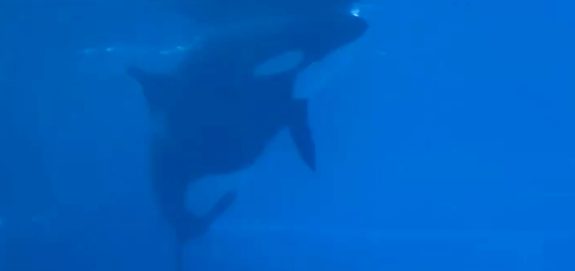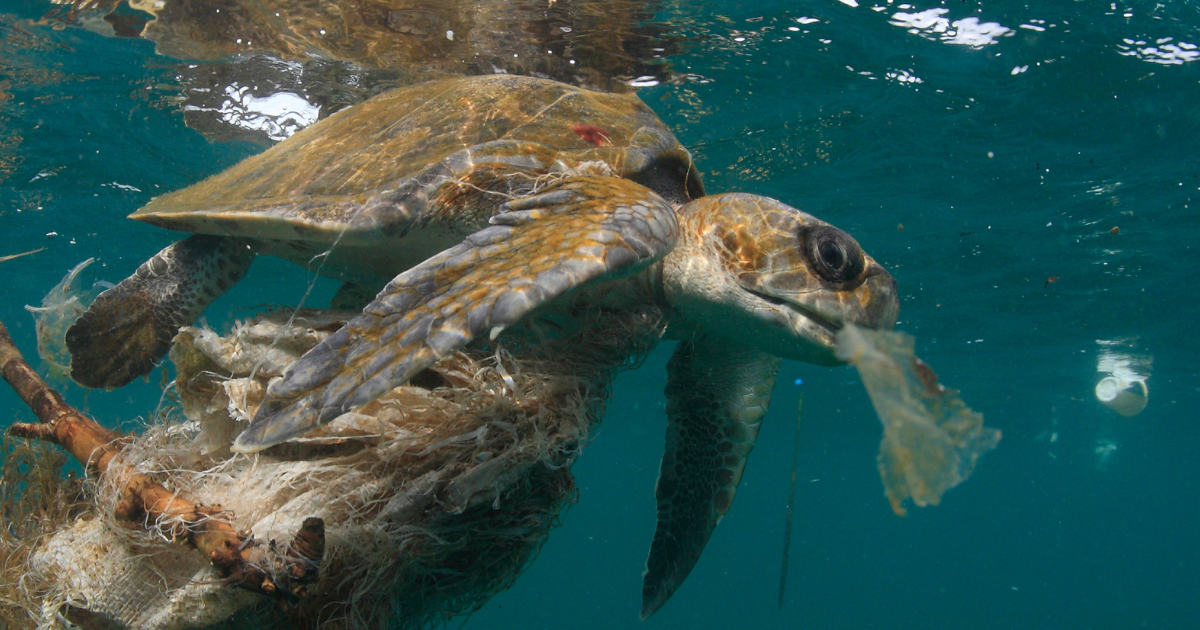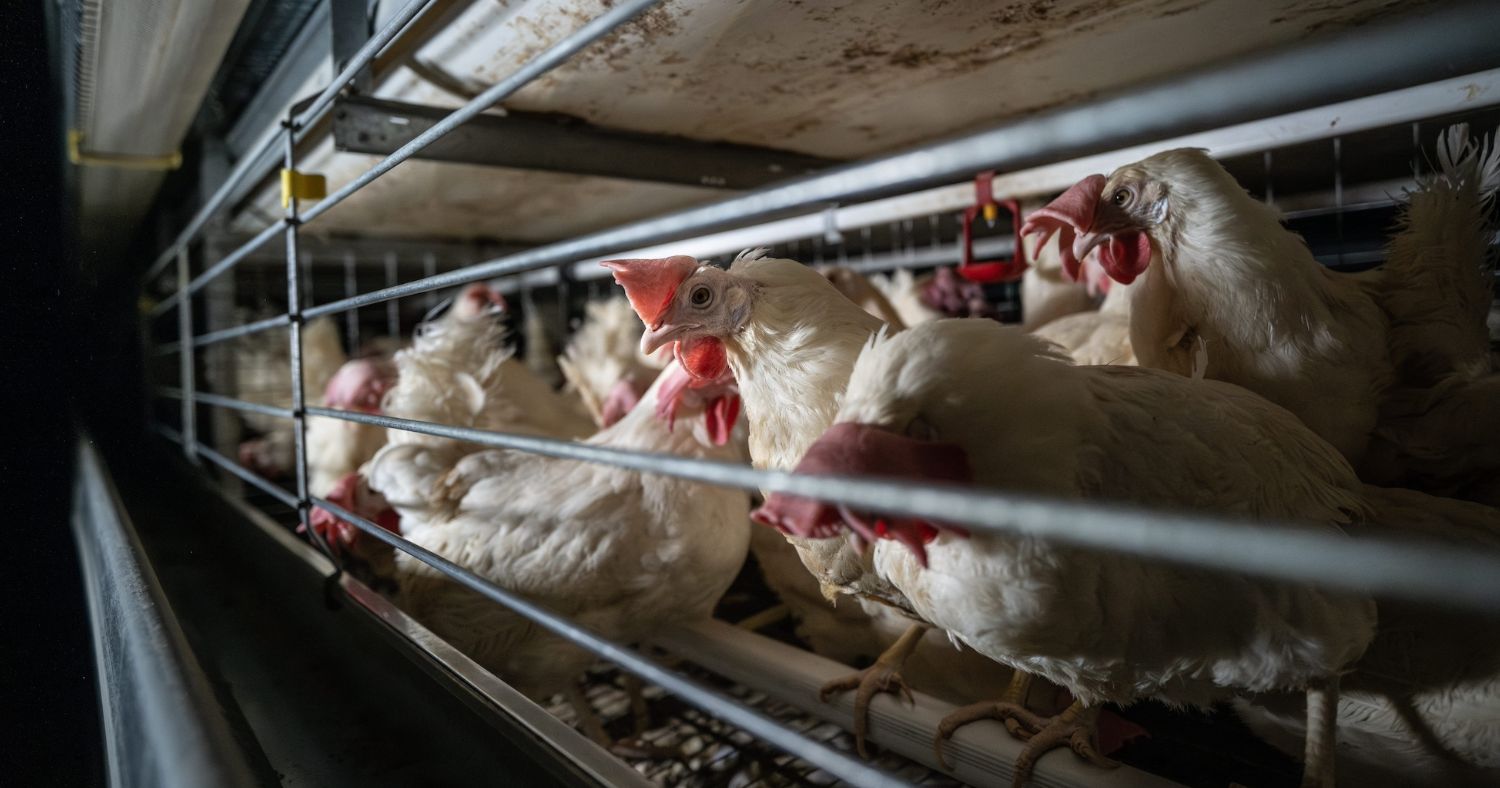Animal Justice has filed a formal animal cruelty complaint with provincial authorities, requesting an investigation into the apparent suffering of Kiska, the last surviving orca at Marineland in Niagara Falls, Ontario.
Two heartbreaking videos of Kiska were recently released by former Marineland trainer-turned-whistleblower Phil Demers, showing Kiska floating listlessly in a barren concrete tank, completely deprived of companionship and lacking adequate mental stimulation.
The footage has gone viral, and now there are renewed calls for authorities to protect Kiska from her tragic and lonely living conditions at Marineland.
Under federal and provincial laws, it’s illegal to cause animals suffering and distress, which includes psychological distress stemming from boredom and isolation. Tragically, Kiska was stolen from her family in the ocean near Iceland in 1979 when she was a calf, and sold to the aquarium industry. She has been held captive in a tank at Marineland all by herself since 2011, and has outlived all five of her babies, who died at early ages.
Dr. Naomi A. Rose, one of the world’s leading experts on orcas and other marine mammals, has provided an expert opinion on the conditions that Kiska endures, noting that Kiska is the only orca in the entire world who lives completely alone.
“In my opinion, Kiska’s situation is cruel,” said Dr. Rose. “At a minimum, she should have long since been transferred to a facility with other orcas or provided with individuals of another cetacean species as companions (if the latter was not possible due to Kiska’s reactions, then the former should have occurred). Under no circumstances was allowing her completely solitary state to continue—especially given her practically inert response to it—the appropriate choice.”
There have long been concerns over the wellbeing of animals held captive at Marineland. The Canadian Press reported this month that Ontario’s Animal Welfare Services has ordered Marineland to repair its inadequate water system which is causing distress to animals. Marineland was charged with 11 counts of animal cruelty and neglect in 2016 and 2017, although those charges were later withdrawn. In 2012, numerous whistleblowers came forward to expose Marineland and alleged that whales, dolphins, seals, and other animals were sick and suffering from skin damage and even blindness due to poor water conditions.
Since 2019, it has been illegal to keep whales and dolphins in captivity in Canada, and to breed those animals. And in 2015, Ontario made it an offence to keep orcas in captivity. The whales and dolphins currently confined at Marineland were exempted from these laws due to the practical challenges of finding other homes for them. They cannot be released into the wild because their years of captivity have robbed them of the necessary skills and social networks to survive. But they are not exempt from general animal cruelty laws that protect them from suffering and distress.
Meanwhile, there’s still hope on the horizon. The Whale Sanctuary Project is working to build Canada’s first seaside whale sanctuary in Port Hilford, Nova Scotia, that could offer a home to some of Marineland’s captive whales, allowing them to live out of the rest of their lives in a safe environment with hundreds of times more space than the tiny tanks they currently endure.
Animal Justice is working to ensure the last remaining captive whales and dolphins in Canada are protected from the cruelty that so many of them have endured in the aquarium industry, and is calling on the government to fund the whale sanctuary to give captive whales the compassionate future that they deserve.
Join the Animal Justice mailing list





